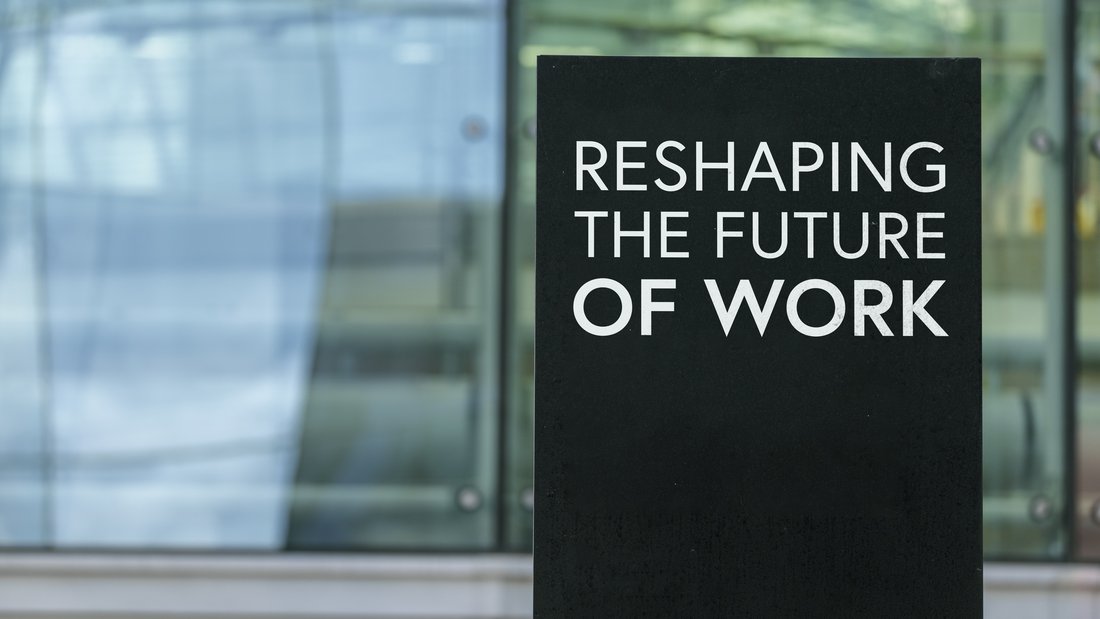

About Ute’s research
Ute is a research student aiming for a Professional Doctorate in
“Coaching for Well-Being and Engagement”
with the University of Chester, UK. You will find her publications on ORCID ResearchGate and on Forbes
Since the pandemic hit the world in 2020, organizations, leaders and employees have gone through immense change in a very short amount of time. Working from home, which had before the pandemic been a privilege for the selected few, has since 2020 become a ‘new normal’ for many office workers. Most of us have been on a steep learning curve, be it about technology, about how to separate or integrate working life and private life when both take place in the same physical location, how to onboard and offboard staff in a remote or hybrid workplace setting, just to name a few.
The working world is trying to reorganize and restructure, hoping to find their best way to segue into a post-Covid-19 era. Yet research has already demonstrated that - despite the steep learning curves of so many of us, and the comparatively smooth transition from working in the office to working from home - there remain areas in which more learning needs to happen to make these new remote and hybrid workplace settings attractive in a sustainable manner, allowing both leaders, employees, and organizations to continue to grow and thrive personally as well as economically.
The purpose of Ute’s study is to learn more about the gaps in skills and behaviors that were identified in a very broad and general manner among leaders in remote and hybrid work environments and which are attributed to a decline in workplace well-being and engagement among workforces; and how group coaching could help to close these gaps.
The aim of the study will be to enhance leaders’ ability to develop behaviors that increase well-being and engagement for themselves as well as their staff in remote or hybrid work settings.
A written report will be produced at the end of the project. The findings from the study will be used to derive recommendations to organizations on how coaching leaders could positively impact well-being and engagement as well as to hone and develop behaviors and skills in leaders which equip them to enhance well-being and engagement in remote and hybrid work settings. None of the leaders participating in this research project will be identifiable in the final report or in the thesis.
If you are a leader in an organization, who leads in a remote or hybrid work environment, and would like to participate in Ute’s research, this is what it would involve:
This Stage is over - The survey was closed on October 26, 2022 - Participation in an online survey (September & October 2022) - Data Analysis is now ongoing and Stage 2 of the Research Project is under way.
Stage 2 is completed now as well - Thank you very much to everyone who dedicated their time and shared their experiences in the two focus groups that took place in May 2023.
Time Investment per Research Stage:
STAGE 1: - completed already!
- Online Survey (September & October 2022)
- approx. 10-15 minutes
- Survey closed on October 26, 2022
STAGE 2 - completed! Data Analysis in progress
- Focus Group (April/May 2023)
- 90 minutes in a live call with Ute and two other leaders via a video conferencing platform (Zoom or MS Teams)
- 30 minutes for time spent reading the Consent Form, which must be signed and returned to Ute before participating in the Focus Group
- 30 minutes to read the transcript of the Focus Group meeting to approve it, and to return the signed copy to Ute
- Total Time Invest for Stage 2: approx. 2.5 hours.
Ethical Approval was granted by the Ethics Committee of the University of Chester.
This website will be updated in a timely manner to reflect the most current state of my research and the accuracy of the information provided above. Last updated: On July 15, 2023.
Interested in the findings of this research?
Contact Ute at her University of Chester email address